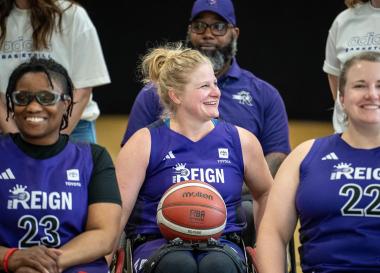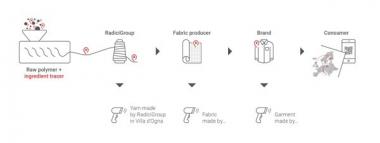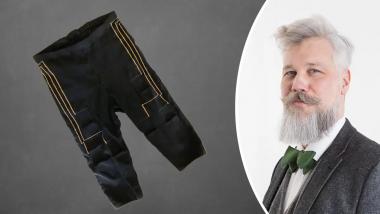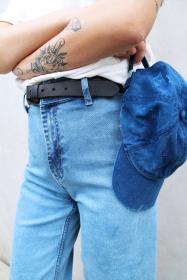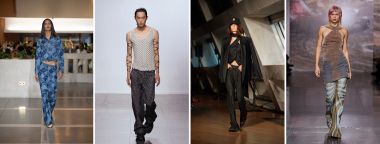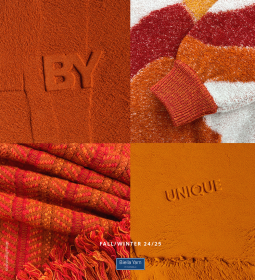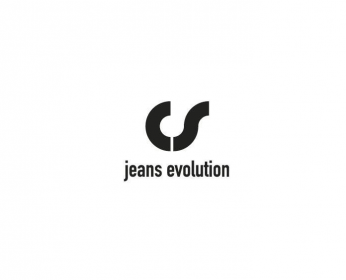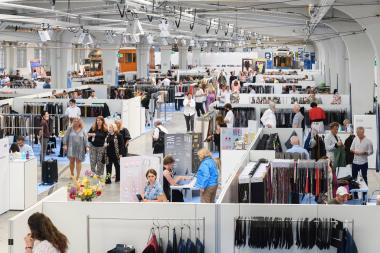adidas reveals Adaptive Wheelchair Basketball Uniforms
adidas have unveiled an innovation in the sport of wheelchair basketball. Born from extensive feedback and research with wheelchair athletes, the uniforms were developed by the adidas Innovation team in Portland in close collaboration with Adaptive Sports Northwest, a non-profit organization for adaptive athletics. The uniforms will be worn by the PNW Reign women’s wheelchair basketball team for the first time as they set out on a quest to win the NWBA Tournament on April 26-28, 2024.
Earlier in April, during the reveal of the adidas kits for the Paris 2024 Olympic and Paralympic Games, the sports brand announced that 86% of pieces of apparel worn on and off the field of play have been created using design principles that ensure they work for athletes with and without a disability alongside the development of adaptive training apparel.
The new wheelchair basketball jersey and shorts feature ergonomic advancements in pattern engineering, specifically tailored for seated positions to reduce bulk and increase comfort. Materials were selected based on detailed athlete feedback sessions and data analysis to unlock performance for seated athletes. The uniform features lightweight woven front panels for durability and full mesh back panels for breathability. Focus on the fit was paramount to deliver a uniform that felt light and comfortable.
Players of both genders have actively participated in rounds of feedback and ergometer testing sessions to measure maximum speed over pushes, providing the adidas team with invaluable insights into the mechanics of speed that will inform future research and development. In addition, the feedback was used to measure fit, performance, durability, and overall comfort to make the uniforms match the needed requirements. Finally, through the validation process, the PNW Reign basketball team confirmed that adapted patterns have been proven to reduce fabric bulk, decrease heat build-up and enhance confidence.
adidas AG


